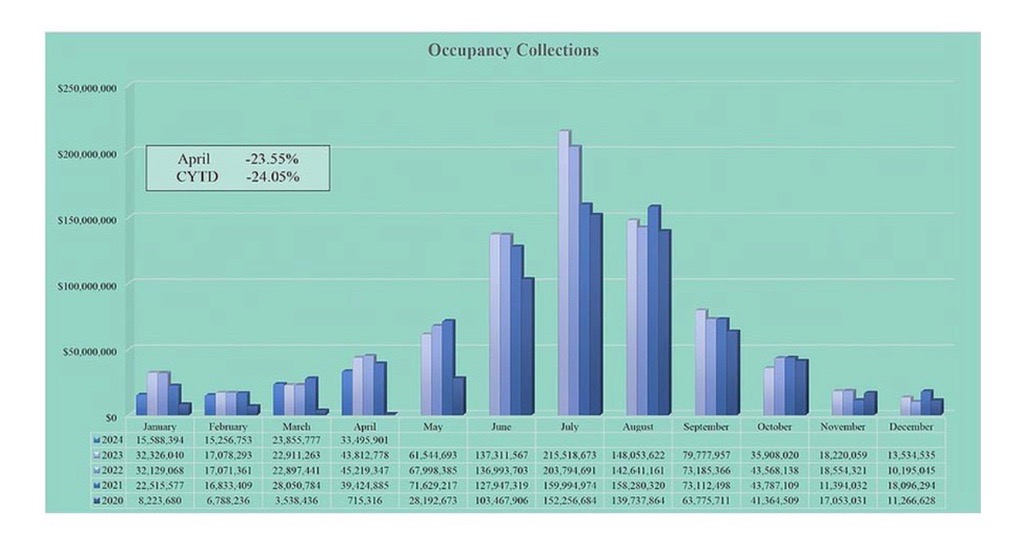Title: Decline in Vacation Rental Revenue: Outer Banks of North Carolina
The idyllic beaches, charming towns, and picturesque landscapes of the Outer Banks in North Carolina have long been a haven for vacationers seeking relaxation and adventure. However, recent trends indicate a concerning decline in vacation rental revenue, marking a notable departure from the thriving tourism economy witnessed in 2022.
In 2022, the Outer Banks experienced a boom in vacation rental revenue, with an influx of tourists eager to escape the confines of urban life and immerse themselves in the natural beauty of this coastal paradise. Rental properties, ranging from cozy beach cottages to luxurious oceanfront estates, were in high demand, catering to a diverse array of visitors seeking a temporary retreat from their daily routines.
However, fast forward to 2024, and the landscape looks markedly different. A confluence of factors has contributed to a noticeable downturn in vacation rental revenue, casting a shadow over the once vibrant tourism industry.
- Economic Uncertainty:The global economic landscape has been turbulent, with fluctuations in financial markets and uncertainty surrounding employment prospects. As a result, many families have tightened their belts, opting for more budget-friendly vacation options or choosing to forgo travel altogether.
- Shift in Travel Preferences:The travel preferences of consumers have evolved in the wake of the COVID-19 pandemic. While remote destinations were initially favored due to safety concerns, there has been a gradual resurgence in interest for urban getaways and international travel experiences. This shift in preferences has impacted the demand for vacation rentals in coastal regions like the Outer Banks.
- Regulatory Changes:Changes in local regulations governing short-term rentals have also had an impact on the vacation rental market. Stricter enforcement of zoning laws, occupancy limits, and rental taxation policies have introduced additional hurdles for property owners and management companies, potentially deterring prospective renters.
- Climate Concerns:The specter of climate change looms large over coastal communities, including the Outer Banks. Rising sea levels, increasingly severe weather events, and the erosion of shorelines have raised concerns among potential visitors, leading some to reconsider vacationing in vulnerable coastal areas.
- Competition from Alternative Accommodations:The rise of alternative accommodation options, such as Airbnb and Vrbo, has intensified competition within the vacation rental market. While these platforms offer greater flexibility and variety for travelers, they have also fragmented the market, making it more challenging for traditional rental agencies to attract guests.
Impact and Outlook:
The decline in vacation rental revenue has ripple effects throughout the local economy, impacting businesses reliant on tourism dollars, including restaurants, shops, and recreational activities. Moreover, the sense of community that thrives on the bustling streets of the Outer Banks during peak tourist season has been diminished, leaving residents and business owners grappling with the repercussions of reduced foot traffic.
Looking ahead, stakeholders in the Outer Banks tourism industry must adapt to these changing dynamics and innovate to regain momentum. This may involve diversifying marketing strategies, enhancing the appeal of vacation rentals through renovations and amenities, and fostering collaboration between local businesses to create compelling experiences for visitors.

